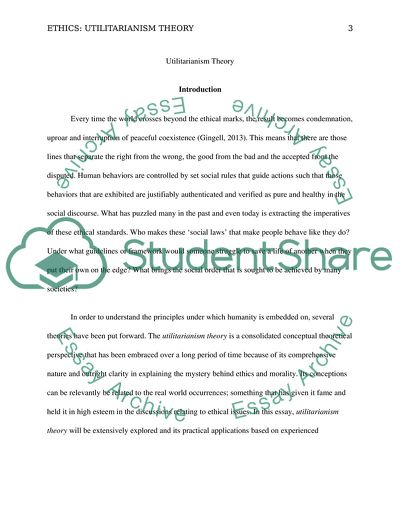Cite this document
(Utilitarianism Theory in Daily Life Term Paper Example | Topics and Well Written Essays - 2250 words, n.d.)
Utilitarianism Theory in Daily Life Term Paper Example | Topics and Well Written Essays - 2250 words. https://studentshare.org/social-science/1864370-utilitarianism-and-application-to-a-communication-example-in-daily-life
Utilitarianism Theory in Daily Life Term Paper Example | Topics and Well Written Essays - 2250 words. https://studentshare.org/social-science/1864370-utilitarianism-and-application-to-a-communication-example-in-daily-life
(Utilitarianism Theory in Daily Life Term Paper Example | Topics and Well Written Essays - 2250 Words)
Utilitarianism Theory in Daily Life Term Paper Example | Topics and Well Written Essays - 2250 Words. https://studentshare.org/social-science/1864370-utilitarianism-and-application-to-a-communication-example-in-daily-life.
Utilitarianism Theory in Daily Life Term Paper Example | Topics and Well Written Essays - 2250 Words. https://studentshare.org/social-science/1864370-utilitarianism-and-application-to-a-communication-example-in-daily-life.
“Utilitarianism Theory in Daily Life Term Paper Example | Topics and Well Written Essays - 2250 Words”. https://studentshare.org/social-science/1864370-utilitarianism-and-application-to-a-communication-example-in-daily-life.


